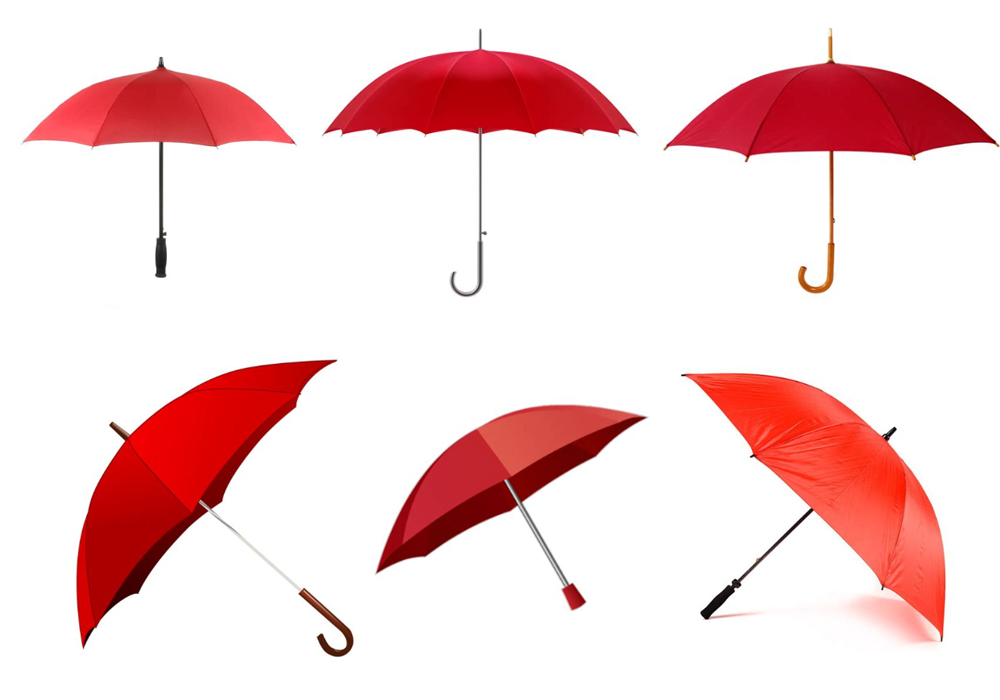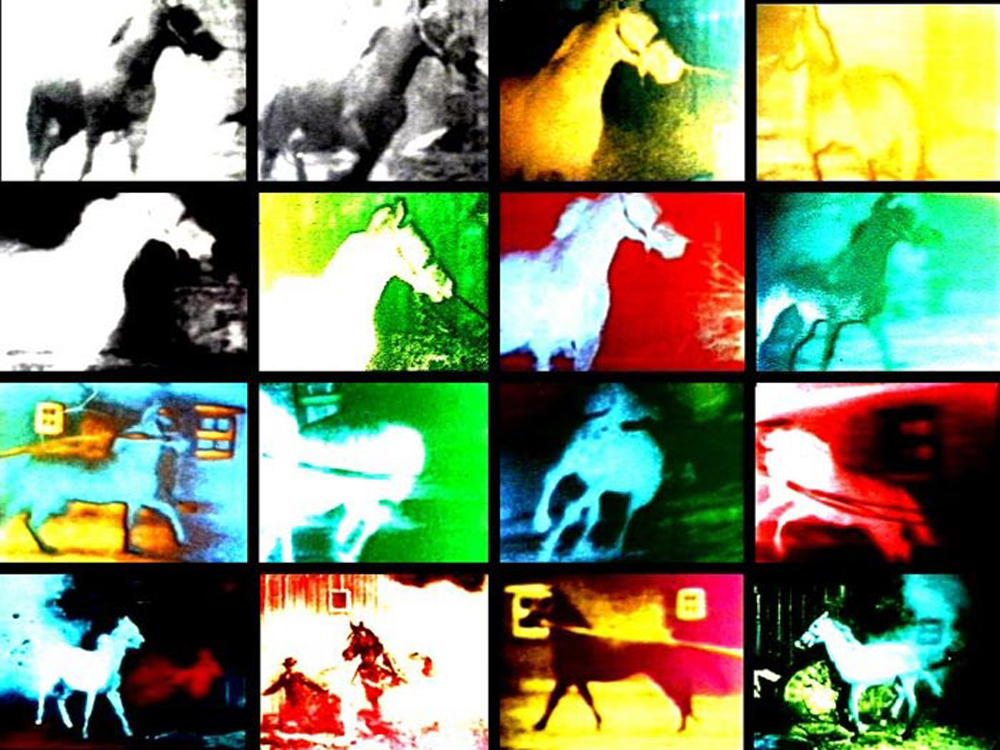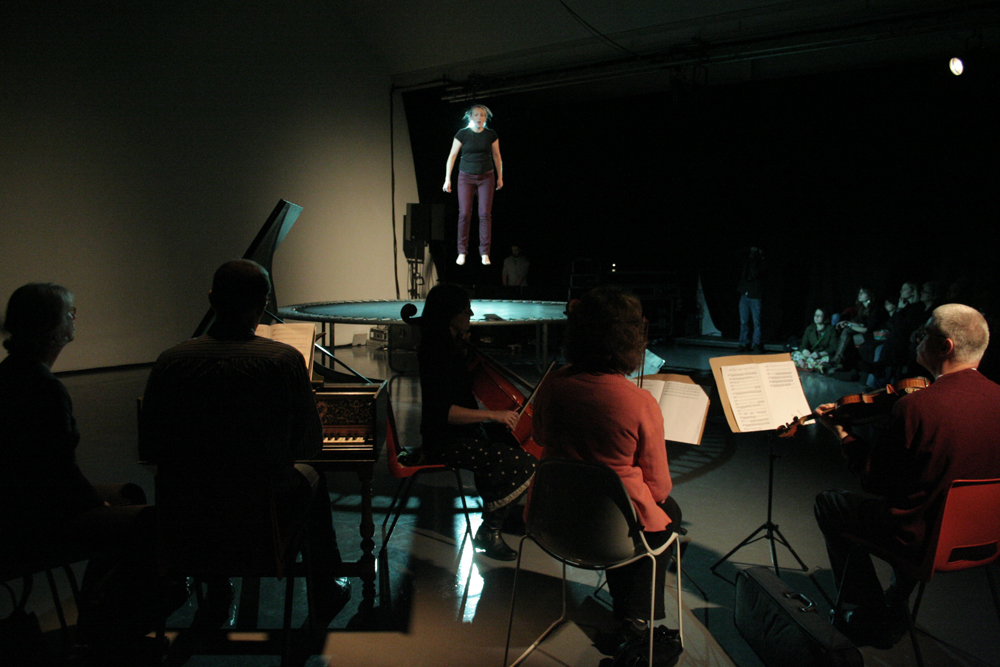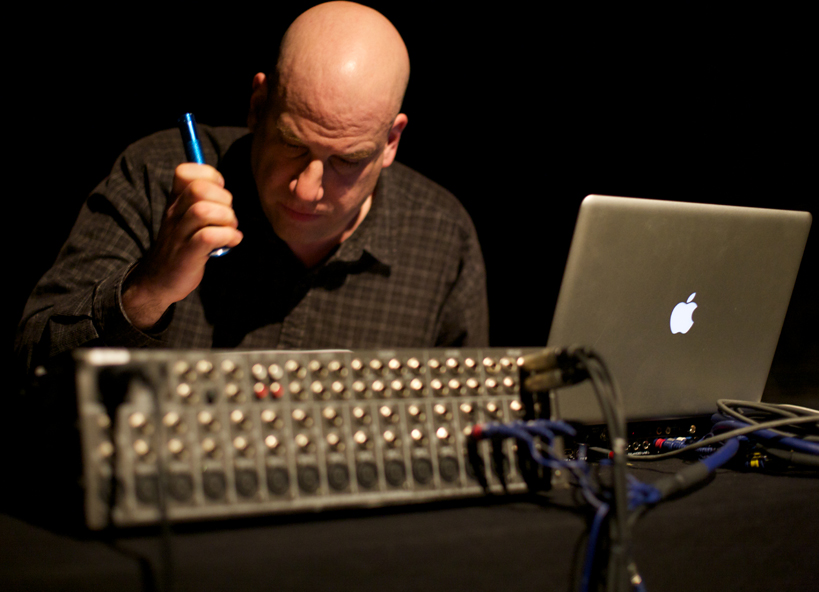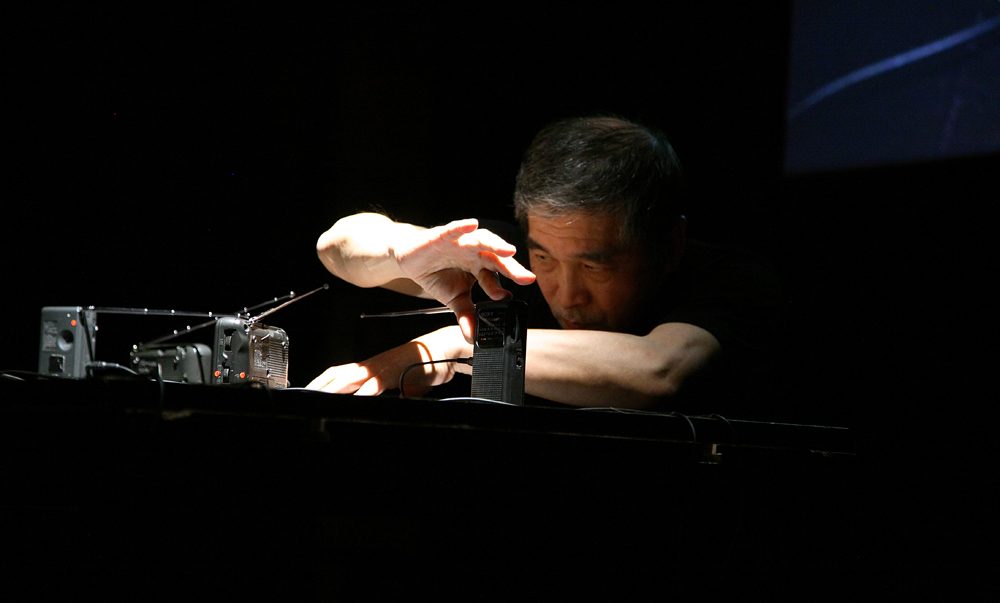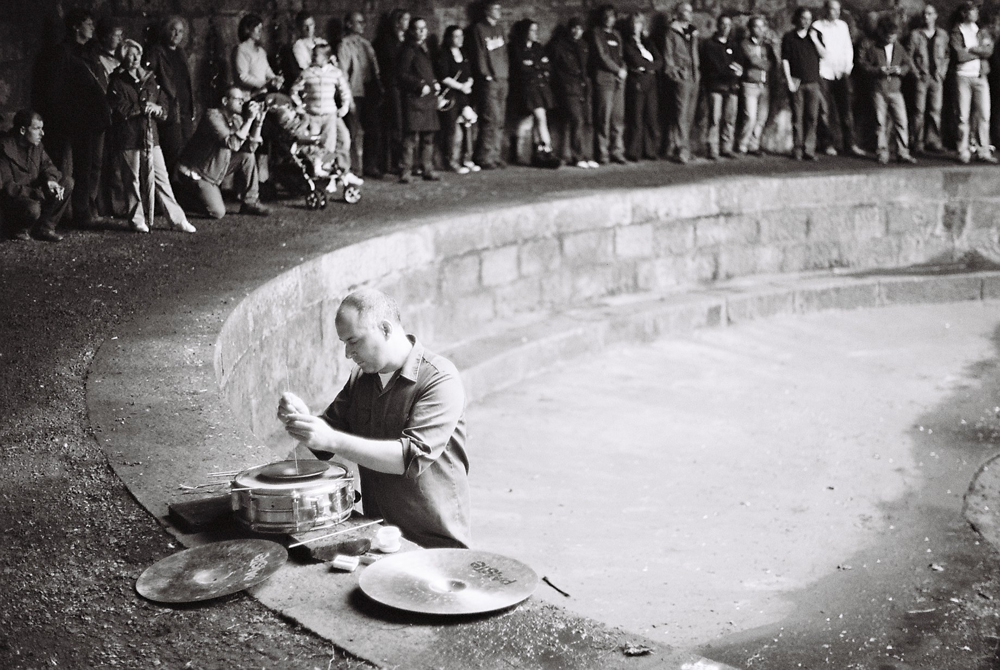
Shadowed Spaces Aberdeen
Ikuro Takahashi Sean Meehan Tamio Shiraishi Denis Wood
Disused railway turning circle at east end of Union Terrace Gardens, a historically public space at the centre of a regeneration land-grab for the private gain of a local petro-chemical magnate.



